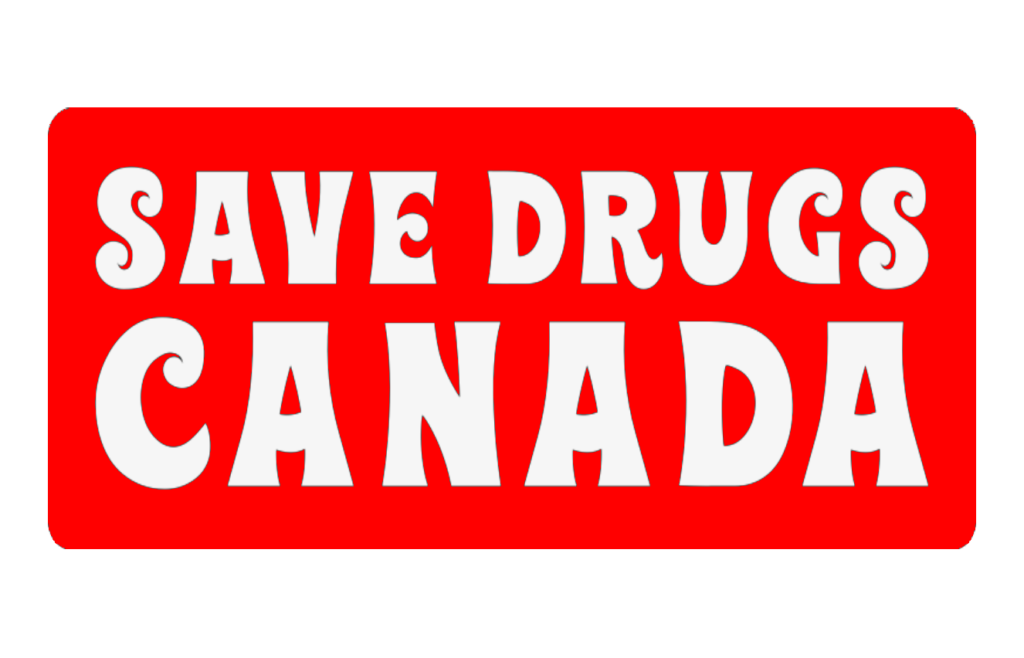MDMA (3,4-methylenedioxymethamphetamine) and MDA (3,4-methylenedioxyamphetamine), once infamous as recreational substances associated with rave culture and illicit use, have emerged as intriguing candidates for therapeutic intervention in recent years. Amidst growing interest and research, these substances have shown promise in the treatment of various mental health conditions, offering new avenues for healing and psychological exploration. This article delves into the therapeutic uses of MDMA and MDA, shedding light on their potential benefits and implications for mental health care.
Understanding MDMA and MDA: MDMA and MDA belong to a class of psychoactive substances known as substituted amphetamines, characterized by their stimulant and empathogenic effects. While MDMA is renowned for its empathogenic properties and euphoric effects, MDA exhibits similar psychoactive effects with a greater emphasis on stimulant action. Both substances primarily act on the central nervous system, modulating neurotransmitter activity, particularly serotonin, dopamine, and norepinephrine.
Therapeutic Applications of MDMA: Despite their classification as Schedule I controlled substances due to their potential for abuse and lack of accepted medical use, MDMA and MDA have garnered attention for their therapeutic potential, particularly in the realm of psychotherapy. Researchers and clinicians have explored their use in conjunction with psychotherapy to facilitate emotional processing, enhance empathy, and alleviate symptoms of various mental health disorders.
- MDMA-Assisted Psychotherapy for PTSD: One of the most promising therapeutic applications of MDMA is in the treatment of post-traumatic stress disorder (PTSD). Clinical trials have demonstrated that MDMA, when administered in a controlled therapeutic setting under the guidance of trained professionals, can significantly reduce PTSD symptoms and improve treatment outcomes. The empathogenic effects of MDMA promote trust, emotional openness, and rapport between patients and therapists, facilitating the processing and integration of traumatic memories.
MDMA’s mechanism of action in PTSD treatment is believed to involve the modulation of serotonin neurotransmission, leading to the release of oxytocin and other neurochemicals associated with bonding and social connection. By fostering a state of heightened empathy and emotional receptivity, MDMA allows individuals to confront and reframe traumatic experiences, paving the way for healing and resolution.
-
MDMA-Assisted Therapy for Anxiety Disorders: In addition to PTSD, preliminary research suggests that MDMA-assisted therapy may hold promise for the treatment of other anxiety-related disorders, such as social anxiety disorder and generalized anxiety disorder. By reducing fear and inhibition while enhancing feelings of safety and connection, MDMA can facilitate deeper exploration of underlying emotional issues and promote adaptive coping strategies.
-
MDMA in Couples Therapy and Relationship Enhancement: MDMA’s ability to enhance empathy, communication, and emotional intimacy has led to its exploration as an adjunctive therapy in couples counseling and relationship enhancement. Couples undergoing MDMA-assisted therapy report improved communication, increased mutual understanding, and a greater sense of closeness and connection. By fostering a supportive and non-judgmental therapeutic environment, MDMA can help couples navigate conflicts, deepen their emotional bond, and strengthen their relationship.
Therapeutic Applications of MDA: While less extensively studied than MDMA, MDA has shown potential therapeutic benefits in certain contexts, particularly in the treatment of mood disorders and existential distress. Its stimulant and entactogenic effects may offer unique opportunities for self-exploration, personal growth, and spiritual exploration when used under controlled conditions and in conjunction with psychotherapy.
- MDA-Assisted Therapy for Depression and Existential Distress: Preliminary studies suggest that MDA-assisted therapy may hold promise for individuals struggling with treatment-resistant depression and existential distress. By inducing a state of heightened empathy, introspection, and emotional openness, MDA can facilitate deep existential inquiries, foster acceptance of mortality, and promote a sense of interconnectedness and purpose. However, further research is needed to elucidate MDA’s therapeutic mechanisms and optimize its clinical application.
Challenges and Considerations: While the therapeutic potential of MDMA and MDA is promising, their use in clinical settings is not without challenges and considerations. Concerns regarding potential adverse effects, including neurotoxicity, cardiovascular risks, and psychological distress, underscore the importance of strict adherence to safety protocols, dosage guidelines, and patient screening criteria. Additionally, regulatory barriers and stigma surrounding the use of controlled substances in therapy pose significant obstacles to widespread adoption and acceptance.
In conclusion, the therapeutic uses of MDMA and MDA represent a fascinating intersection of neuroscience, pharmacology, and psychotherapy, offering new horizons for mental health treatment and healing. While ongoing research continues to elucidate their mechanisms of action and therapeutic potential, the promising results observed thus far underscore the importance of further exploration and clinical investigation. By harnessing the empathogenic and introspective properties of these substances in conjunction with psychotherapeutic interventions, we may unlock new pathways to healing, resilience, and personal transformation in the realm of mental health care.
